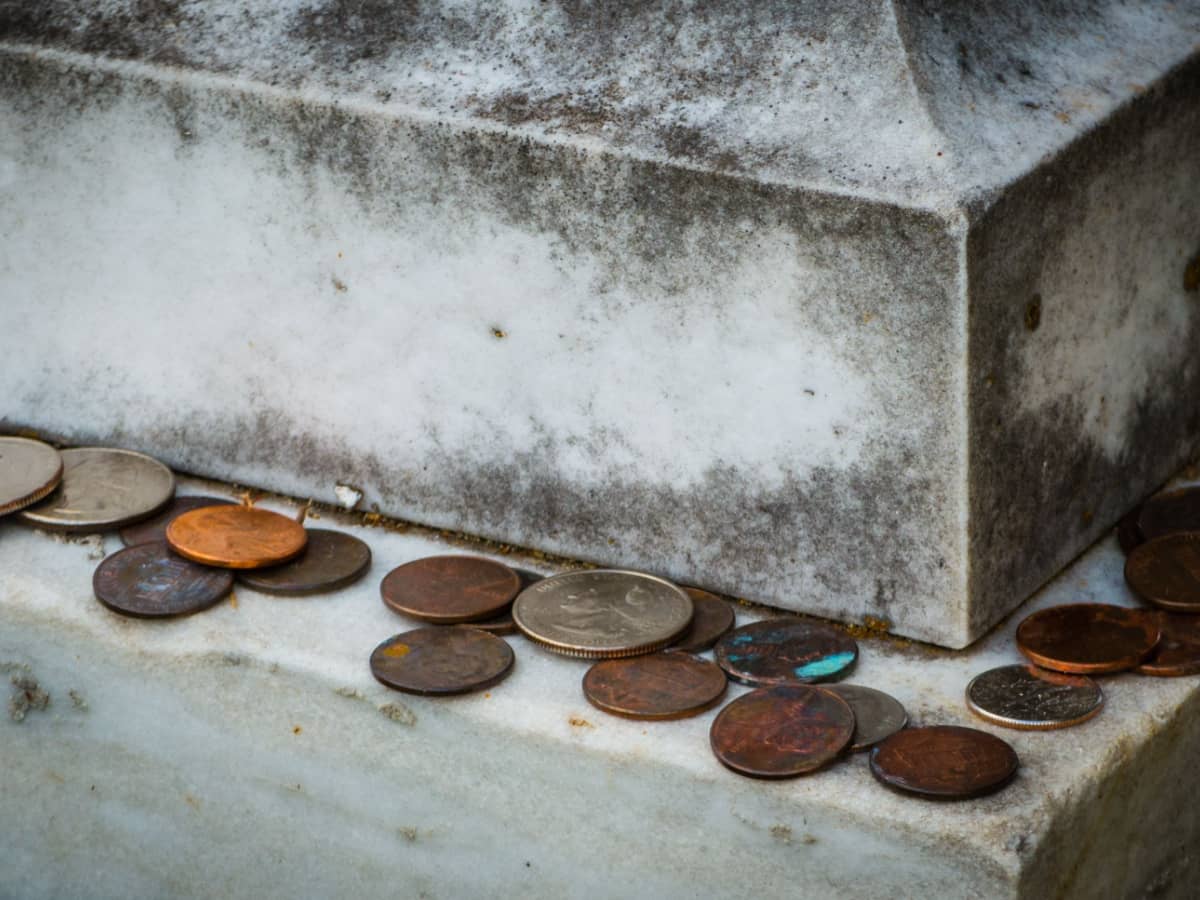But the way we divorce is changing. These days, we're more likely to choose a religious ritual to mark the end of our marriages. Says Rabbi Sharon Sobel, Regional Director of the Canadian Council for Reform Judaism, "Rituals help effect a transformation. With a civil divorce, when it's done, it's done. But how do you acknowledge the loss of a marriage and relationship, even if it wasn't a great one?"
There's only one catch: If the two of you were getting along, you'd still be married. Why walk back onto the battlefield? But those who've been there, both clergy and laypeople, suggest that divorce rituals ease the transition back to single life and offer closure, a spiritual recognition of your change in status. which, in turn, can up the odds of success if you decide to marry again.
But divorce is often more than just a private decision. If you have children, a ritual can help them acknowledge that it's truly over, while sending a vital affirmation at the same time. Dr. Margot Kaessman, Lutheran Bishop of Hanover, Germany, emphasizes that parents must transmit the positives of their marriage to the children, even after it's over: "Children sometimes experience their parents' marriage only in its disordered phase. It would help them to hear, 'We loved each other, we wanted to stay together, we wanted you.'"
Some religions--like Judaism--actually require a religious divorce. Sobel says, "You get married in a religious ceremony, and this is a way to sanctify the end of a relationship as well." Most rabbis are well-equipped to deal with this kind of ritual, but a few religions resist acknowledging divorce as a life passage. In some Christian denominations, leaders have resisted the demand for divorce ceremonies, branding those who promote the idea "divorce advocates." But, in Kaessman's words, "Considering a divorce ritual doesn't mean repudiation of church weddings."
Many divorce rituals don't even require you to be on good terms with your ex. Clergy of all faiths caution that if your marriage was abusive or if contact may cause physical or emotional harm, you shouldn't consider a ritual involving him or her. But even then, you might want to consider a private ceremony.
Most of us go through divorces praying only that we won't be dragged through the mud. But what if we could come away ennobled, having learned something valuable about ourselves and strengthened our ties with family, community, and with God? In most faith traditions, divorce ceremonies are a relatively unexplored path, so you're free to pick and choose from the wisdom of others who have walked this terrifying valley.

